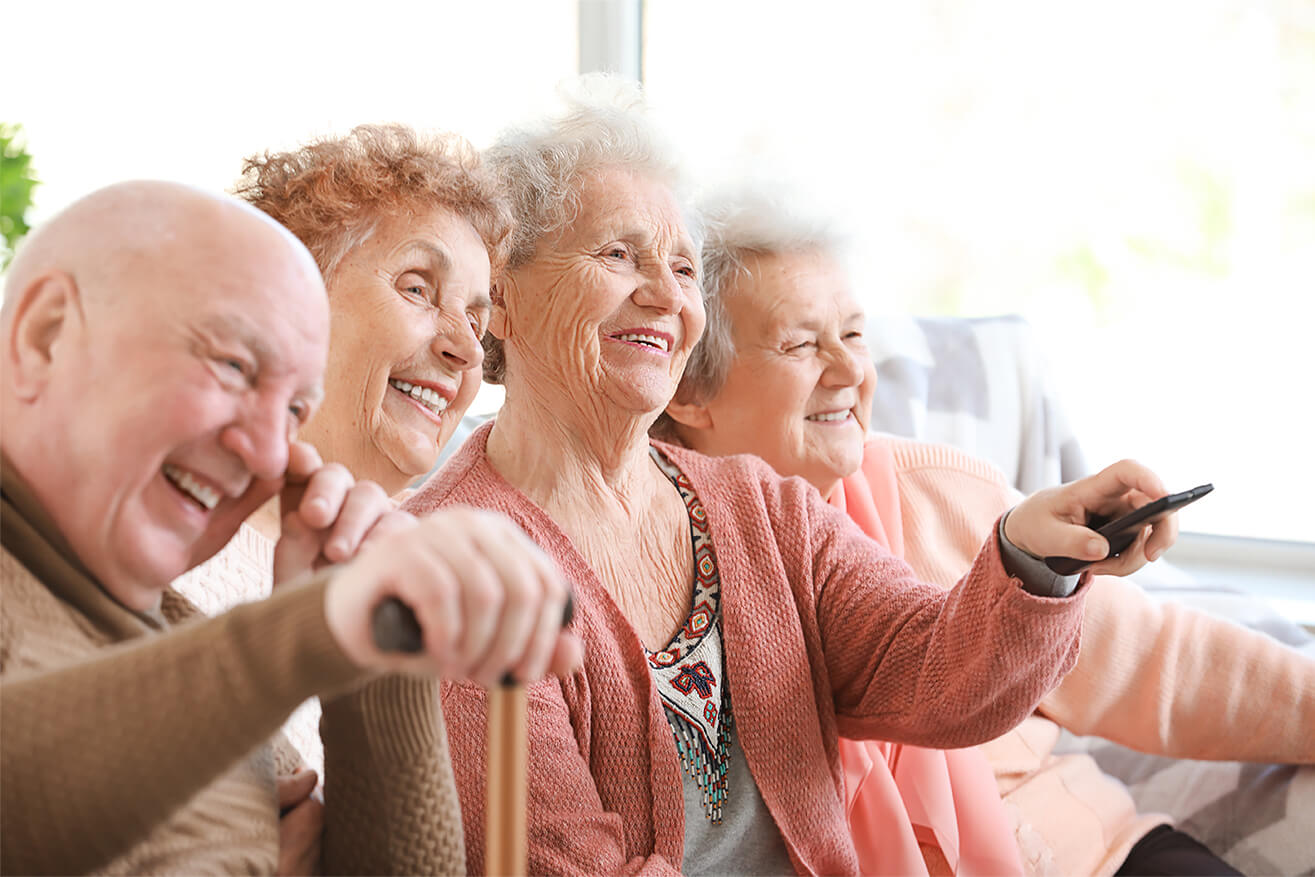
Things To Know About Urinary Incontinence In Seniors
19 May, 2021
Nursing Homes
For numerous Americans, delaying a trip to the bathroom is not a simple thing. As per the estimates, there are 33 million people in the country who experience urinary incontinence and bladder leakage. Urinary incontinence isn’t something that your senior loved one should accept and live with. There are many ways to treat incontinence in seniors regardless of the cause. Read ahead to know more about urinary incontinence in seniors.
Is Incontinence A Part Of Aging?
Urinary incontinence is a condition that results in a coerced loss of urine. Changes in the body happening with age can result in incontinence and can be caused by many health conditions, aging, and lifestyle choices. As per the caregivers and staff in senior assisted living and nursing homes, incontinence can have different forms. Some seniors may occasionally leak urine, some others may constantly drip urine and others lack both bladder and bowel control.
Groups Of Involuntary Urination
Urinary incontinence can be broadly grouped into six types.
Urge Incontinence
Classified as the most common type of incontinence, urge incontinence involves a very urgent need to urinate which results in the loss of urine before reaching the toilet.
Stress Incontinence
This type of incontinence happens when the abdominal pressure becomes more than the closing pressure of the bladder. It is ordinarily observed in women and usually betides due to pregnancy and delivery. However, it can affect men who have had prostate cancer.
Total Incontinence
In this type of incontinence, the sphincter muscle of the person will no longer work and can lead to uncontrollable leakage of the bladder. This leakage will be constant.
Functional Incontinence
This type of incontinence will be caused by other disabilities. Arthritis, complications from a stroke, or neurological disorders can lead to this type of incontinence. People suffering from this type of incontinence will feel the urge to urinate, but may not be physically able to go to the bathroom to urinate.
Overflow Incontinence
This type of involuntary urination happens when the bladder of the person never empties. Patients with overflow incontinence frequently feel the need to urinate. An obstruction in the urinary tract or a bladder with very weak contractions can lead to this type of incontinence.
Mixed Incontinence
It occurs as a combination of various types of incontinence. Usually, it will be an emulsion of stress and urge incontinence. However, people with Parkinson’s disease, severe dementia, or neurological issues can have a combination of functional and urge incontinence.
Leave a Comment